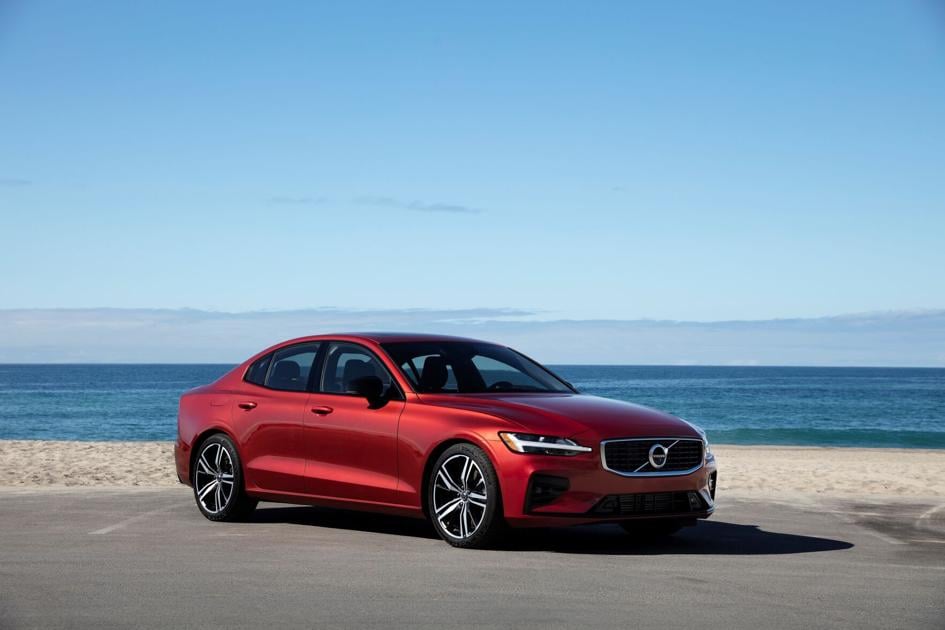The global semiconductor shortage has not yet affected Volvo Cars, but the Swedish automaker has warned that its Ridgeville plant could slow production if the shortage worsens.
Anders Gustafsson, the company’s head of operations in the United States, told dealers that if the chip drought continues, the automaker will focus on producing higher-demand sports utility vehicles, rather than slower-selling cars like the S60 which costs $ 1.1 billion of manufacturing campuses off Interstate 26, according to a report by Automotive News.
Volvo’s line of XC40, XC60 and XC90 SUVs accounted for 79% of sales in the United States in January, while the S60 accounted for 15.2% of sales. About 12,000 S60 sedans were sold in the United States throughout the year 2020, compared to more than 90,000 SUVs.

Volvo CEO Hakan Samuelsson said the Chinese carmaker had enough computer chips for the total production of all vehicles by the beginning of March, but considered an eventual shortage at the end of the first quarter to be “a big risk”.
Production declined at more than two dozen North American car factories owned by Ford, General Motors, Honda, Mazda, Nissan, Stellantis, Subaru, Toyota and Volkswagen, according to a database compiled by AutoForecast Solutions. This led to about 228,000 fewer vehicles leaving the assembly lines during the first quarter.

AutoForecast predicts that the chip shortage will cut production for more than 1.3 million cars worldwide.
Most new cars have between 50 and 150 chips for power functions, such as power steering, airbags, safety features and entertainment systems.

The scarcity comes from the beginning of the pandemic almost a year ago, when vehicle sales plummeted and chip makers began relocating their production to companies that make smartphones, gaming systems and other electronics.
Car sales have rebounded, but car factories are not getting enough chips to meet demand.
The Biden government has promised to boost domestic chip production, which has dropped from 37% of global market share in 1990 to about 12% now.
A review of the White House in the coming weeks “will focus on identifying the immediate actions we can take, from improving the physical production of these items in the U.S. to working with allies to develop a coordinated response to the weaknesses and bottlenecks that are hurting American workers, “said Biden press secretary Jen Psaki.
Gustafsson, speaking last week at a virtual conference for the National Automobile Dealers Association, said he expects Volvo’s sales to increase between 10% and 20% this year. The automaker will also present its first fully electrified vehicle, the XC40 Recharge.

In a separate report, Volvo is considering another SUV to compete with larger models on the market, such as the BMW X7 and Mercedes GLS. Ernie Norcross, chairman of the automaker’s retail advisory board, said the proposed XC100 would be a great profit opportunity for dealers, according to Automotive News. That vehicle was unlikely to be launched until the end of 2023, the report said.
Volvo, which belongs to the China-based Geely Holding Group in Sweden, started production of the S60 at its Lowcountry plant in September 2018. It plans to add a second production line to build the XC90 SUV, currently the automaker’s largest in 2023.
Catch up David Wren at 843-937-5550 or on Twitter at @David_Wren_
